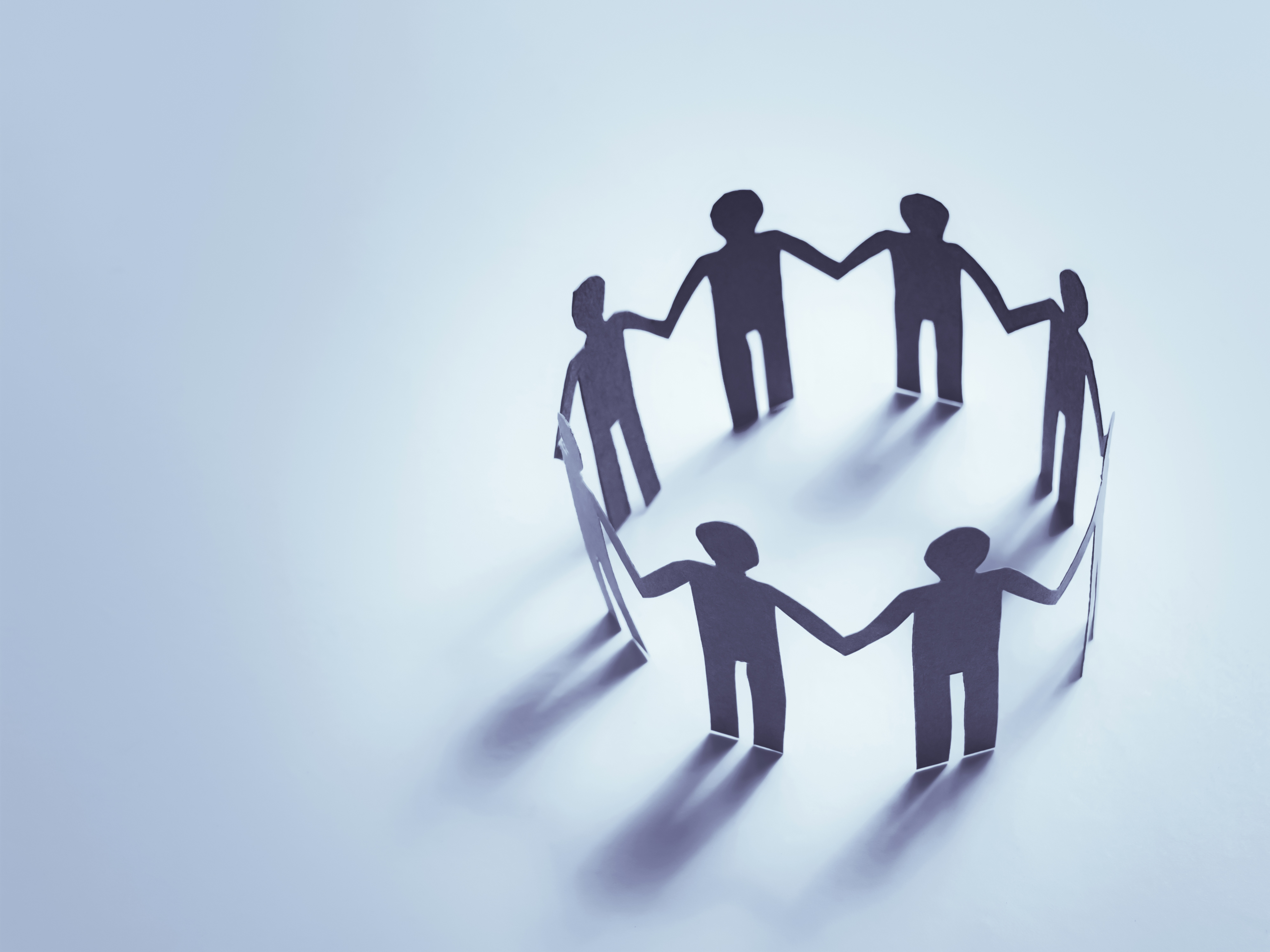Ally, mentor, sponsor, partner. They’re different words, but in my mind they all get us to the same end. Alone we are amazing, but together we are always better.
I think of allies in the workplace as anyone that has a different skill set or point of view—and when we join forces, we’re stronger to achieve a shared goal. Because recent research by WPP and Ellevate Network shows that allies are common—73% of respondents have leaned on an ally at some point in their career—I got to thinking about allies and the best way to enhance and empower those relationships.
In advertising, we’re trained to develop alliances that benefit our clients. Pairing two agencies with unique skill sets together can only make us better and more impactful in the end. What we aren’t trained to do well is how we can come together if our skill sets are similar or if we have a similar point of view. It’s easy to set a road map for success when the two entities are different, but it’s a challenge when they’re the same.
As women are raising their voices, developing initiatives of all types that will impact the future of gender parity and the economy, we need to be allies. But how can we be focused on supporting each other as allies even if we’re similar and have similar goals? Can we all redefine the term “ally” to help us all reach the common goal?
I reached out to other inspiring women to understand their points of view on allyship and how they have been and found successful allies throughout their career. Here’s what I learned:
Mentors and allies are both important, but they’re not exactly the same thing. A mentor is someone you look up to; an ally is someone who you rely on to get things done. “Mentors give advice,” Kristy Wallace, CEO of Ellevate Network, explains. “An ally is someone who uses their power and privilege to advocate externally for others. Allies are often different from you (although they don’t need to be). Allies put in the work to understand your situation, barriers, and challenges and then use their social and political capital to advocate for you.”
With an ally, one plus one equals more than two.“Alliance is when all stakeholders benefit equally. You’re bringing a set of assets, and I’m bringing my own set. We see an equal opportunity to create something that we couldn’t do alone,” Shelmina Abji, empowerment speaker and former IBM Vice President, explains.
Respect—and encourage—different perspectives from your allies. “Oscar Wilde said, ‘Be yourself because everyone else is taken.’ Bringing different voices together is how change really happens,” says Shelley Zalis, CEO of The Female Quotient.
Honesty is key. You’re never going to be a true ally—or get the most from another ally—if you can’t be totally open. In my experience, allies are the most effective when you reach a more personal level of understanding. “Be real,” says Zalis. “Know that the outcome is truly better together. When you bring people with different perspectives together, that’s when change is really happening.”
You may not even have to search out an ally. If you’re performing at your highest level, Abji says, you will naturally attract allies, creating an even more organic relationship. “Show up and engage in such a way that you are contributing to your maximum capacity and creating value and you automatically find allies as a result of your engagement.”
Not being an ally can hold you back. There have been times in my career that I’ve said to myself, “I can get it done faster, easier, and better if I just do this myself.” I’ve more recently realized this isn’t the best way: It’s not representing diversity of thought, it’s not training the next generation on how to do it, and it’s actually holding me back. And I’m probably having less fun because I’m not sharing the experience with others.
There are a lot of ways to enrich your allyship. It’s really all about being present and putting in the work. “Listen. Be curious. Do the work. Care. Act. Research and read articles written by people different from you. On social media, follow people that have different perspectives. Put in the work to understand and then set a goal to take an action every single day to support someone else. Help raise future generations of allies,” says Wallace.
As we continue to find ways to lift each other up, developing strong allies is another way we can embrace the power of the pack. Whether you seek them out or find them naturally, these collaborative relationships are essential for coming up with new ideas, new solutions and new ways to elevate women in business.
Originally published on Ellevate.
Follow us here and subscribe here for all the latest news on how you can keep Thriving.
Stay up to date or catch-up on all our podcasts with Arianna Huffington here.


